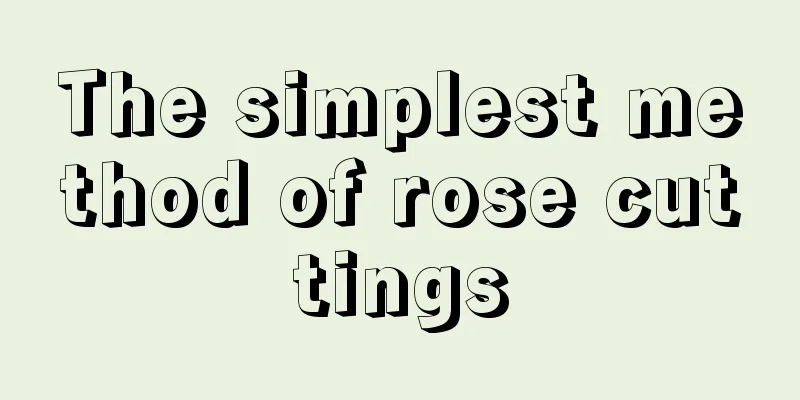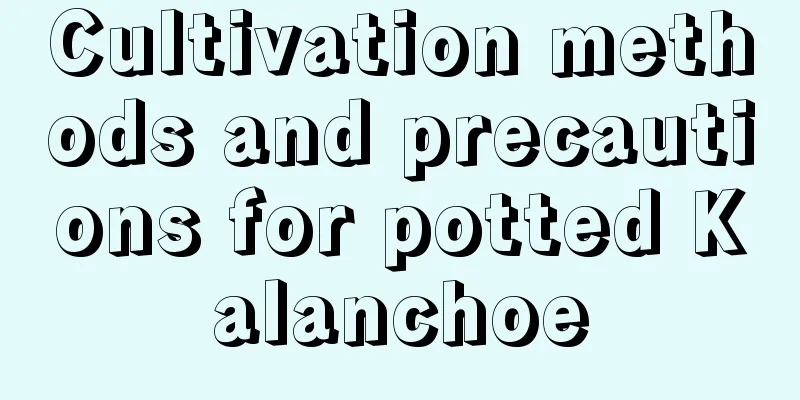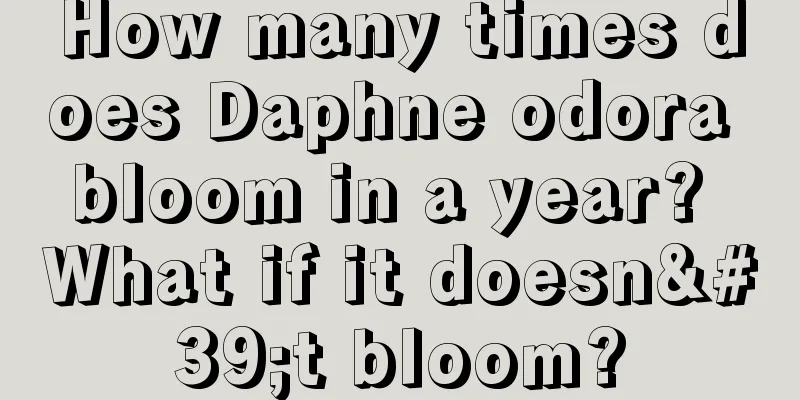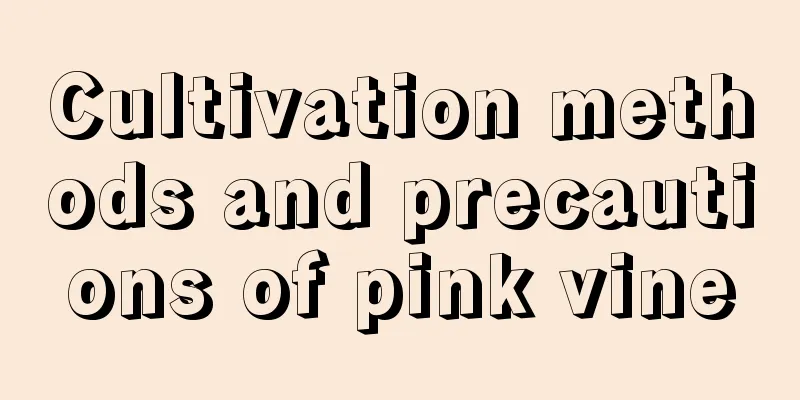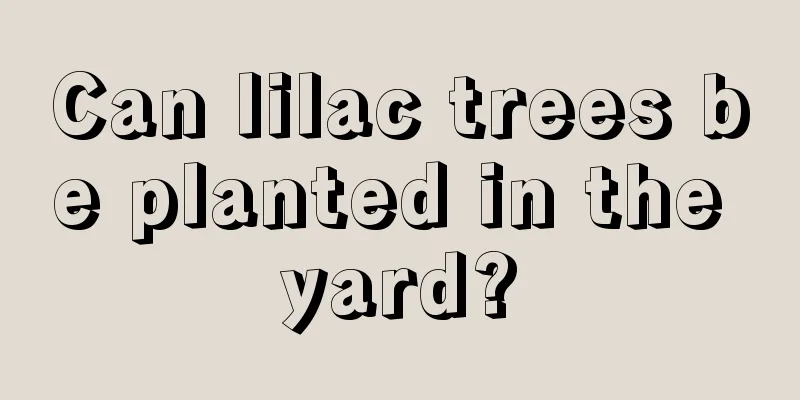The difference between organic fertilizer and inorganic fertilizer
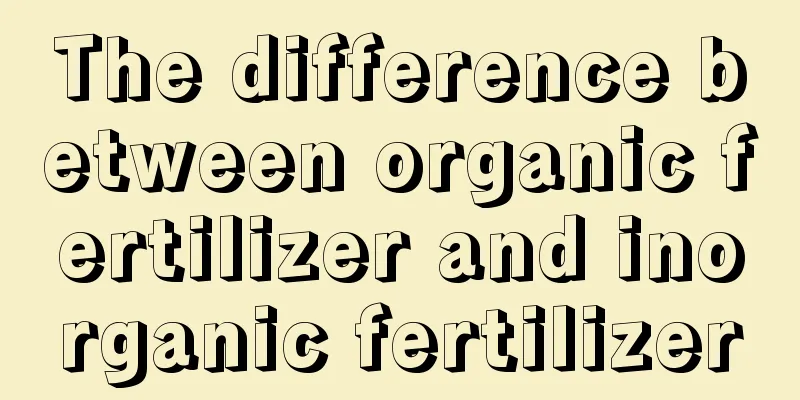
Organic FertilizerOrganic fertilizer, also known as farmyard manure, what kind of fertilizer is farmyard manure? Generally speaking, it is made from fermented animal and plant residues. What are the common organic fertilizers? Cake fertilizer, animal offal, animal feces, bone meal, wood ash, etc. These fertilizers are widely available and easy to collect. They contain large amounts of nitrogen, phosphorus and potassium, all of which are necessary for plant growth. Key points for applying organic fertilizer: The effect of organic fertilizer is relatively slow, but it is easy to apply. You just need to pay attention to one thing: it must be fully decomposed, otherwise it will burn the seedlings, and in severe cases, the plants will be burned to death, so you must keep it in mind. Inorganic FertilizerSimply put, inorganic fertilizer refers to chemical fertilizer. For example, we often talk about urea, which everyone is familiar with, and ammonium sulfate. These are nitrogen fertilizers that can promote the growth of plant leaves. There are also calcium phosphate and rock phosphate powder, which are phosphorus fertilizers that can improve the resistance of plants and promote flower bud differentiation. Furthermore, potassium chloride and potassium sulfate, common potash fertilizers, can promote the growth of plant roots. Key points for applying inorganic fertilizers: Inorganic fertilizers are quick-acting and do not emit a strong smell like organic fertilizers, but they are highly concentrated, so you must be careful to dilute them when applying them, otherwise, the seedlings will burn in minutes. The application of inorganic fertilizers is more targeted. For example, more nitrogen fertilizers can be applied to foliage plants, more phosphorus fertilizers can be applied during the flower bud differentiation period, and more potassium fertilizers can be applied if you want the root system to grow stronger. In addition, there are special fertilizers for flowers, such as special fertilizers for Clivia and special fertilizers for azalea, which are very convenient and simple. So when we grow flowers, do we choose organic fertilizer or inorganic fertilizer? Generally speaking, inorganic fertilizers are chosen for indoor flower growing. Why do we choose inorganic fertilizers even though they can easily make the soil compacted? This is mainly because the smell of organic fertilizers is too strong /(ㄒoㄒ)/~~. Of course, it still depends on personal choice. Okay, that’s all for today. If you have any questions or concerns, please leave a comment. |
<<: Plants that easily outgrow their pots, maybe you have one at home
>>: Cultivation methods and precautions of fire flower
Recommend
How long does it take for Huangli to adapt to the basin?
Huang Li's service time Under normal circumst...
If you grow these flowers at home, all minor illnesses will go away and you won’t have to spend money on medicine!
Dendrobium officinale Nourishes the stomach and p...
How to take care of the flowers you just bought home
Plant purchase requirements: If you are not sure,...
How to grow perfume lilies
Lily of the valley growing conditions Lilies like...
These 6 kinds of flowers are the most "addictive", growing one will make you healthier!
Jasmine Main function: Kill harmful bacteria such...
Cultivation methods and precautions of lucky wood
The lucky tree is very easy to grow. It is suitab...
How to care for roses in autumn
Maintenance methods Fertilization In autumn, rose...
The best time for rose cuttings
1. Best time Rose is a very good flower for cutti...
Cultivation methods and precautions of African ice grass
1. Soil African ice grass has a strong growth abi...
How to keep Salvia miltiorrhiza safe in summer
How to keep Salvia miltiorrhiza safe in summer Pa...
What to do if the leaves of Golden Tiger Pilan are rotten
1. Frostbite caused Among the many reasons that m...
What to do if the leaves of Allium orchid turn yellow
1. Poor root breathing Although it likes moisture...
How long is the growth cycle of a lawn?
Introduction to Lawn Growth Lawns are suitable fo...
The role of honeysuckle leaves
It has the effect of clearing away heat and detox...
How to grow strawberries in pots
For strawberry potted plants, planting strawberri...
